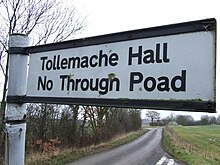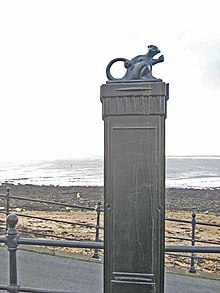Human error
Human error is an action that has been done but that was "not intended by the actor; not desired by a set of rules or an external observer; or that led the task or system outside its acceptable limits".
Human error refers to something having been done that was "not intended by the actor; not desired by a set of rules or an external observer; or that led the task or system outside its acceptable limits".
Misunderstandings as a topic in human communication have been studied in conversation analysis, such as the examination of violations of the cooperative principle and Gricean maxims.
[13][14][15] Some researchers have argued that the dichotomy of human actions as "correct" or "incorrect" is a harmful oversimplification of a complex phenomenon.
Newer approaches, such as resilience engineering mentioned above, highlight the positive roles that humans can play in complex systems.


